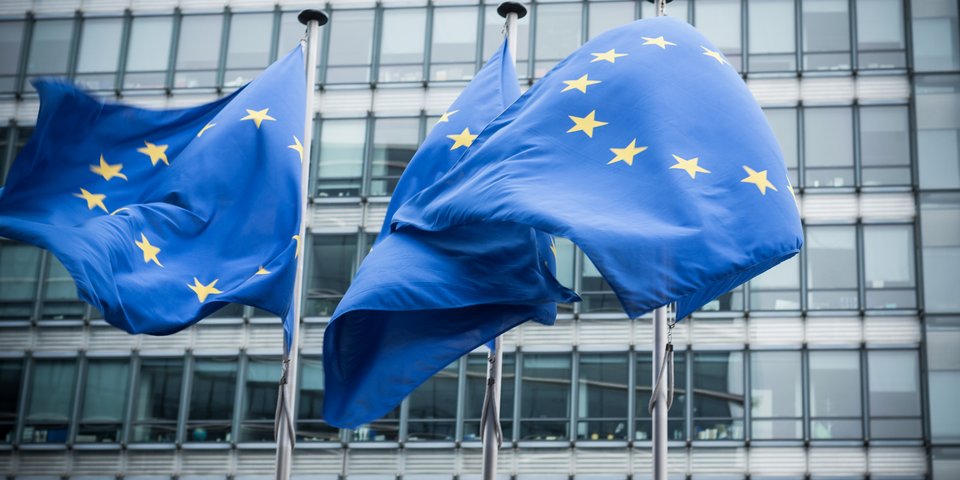 iStockphoto-inakiantonana
iStockphoto-inakiantonanaState of the European Union Address
Von der Leyen focuses on a digital Europe with a zero carbon footprint.
IF – 09/2020
Commission President Ursula von der Leyen
delivered her eagerly awaited first State
of the Union address to the European Parliament in Brussels on the 16th of
September. In the presence of her commissioners, she began her almost
one-and-a-half-hour-long speech by thanking the nursing staff and the medical
fraternity.
Vague proposals - not amused MEPs
The lecture was dominated by a recap of the
past year, the pandemic-driven outlook for the future and outlines of political
visions far away from the virus. The Commission President called for more
optimism and more cohesion to overcome the existing crisis.
But how can the EU
emerge from the crisis stronger again? The expectations in terms of content
were not met, even members of her own European People's Party publicly
expressed disappointment at the despondency and lack of concrete prospects for
workers. They are still less confident and increasingly insecure about their
jobs and health.
Creation of a European Health Union?
The
fear of the second wave across Europe and the rising numbers are as frightening
to MEPs as they are to citizens of the Union. However, Von der Leyen barely
touched on how she would like to resolve the moderately coordinated behaviour
of the EU states in implementing pandemic measures in the future
She
wants to turn the EU into a health union, set up a
European biomedical research and development agency (BARDA) and strengthen the EU's competence in the health sector. How exactly and which roles the EU will take over in
health policy will possibly be debated at the Conference on the Future of
Europe. When and in what form this will take place is still unclear.
Social impacts
The
pandemic has hit many areas of life hard, particularly the European economic
and euro area and, as a result, the entire world of work. Von der Leyen offers
the prospect of a solution by implementing a minimum wage regulation. This is
intended to prevent wage dumping and exploitation of the workforce. At the end
of October, the Commission will present a legislative proposal for a legal
framework for minimum wages.
In
general, she made little reference to social measures or the social impact on
the current situation in the world of work. The pandemic also triggered an
involuntary digitalisation boost. Thus, the EU is in a "digital
decade", which was only really triggered by the pandemic. After all, work
from home would not have been possible without IT equipment and network
connections.
Back to the beginnings
When she took office in 2019, the
Commission focused on an EU with zero carbon footprint and a fundamental change
in economic life through increased climate protection. Irrespective of the
coronavirus pandemic, the climate targets are to be achieved with a 55%
reduction in emission of greenhouse gases by 2030. According to calculations,
the President said that enormous investments would be necessary which would
create millions of jobs. Ideas on this will be incorporated into a new
industrial strategy.
The President of the Commission called for
European cohesion and the commitment of the European people, but how the
implementation in many areas is to become part of everyday life often remained
unanswered. And whether people will be able to keep up with the new conditions
mentally and in terms of work technology will only become clear in the future.
